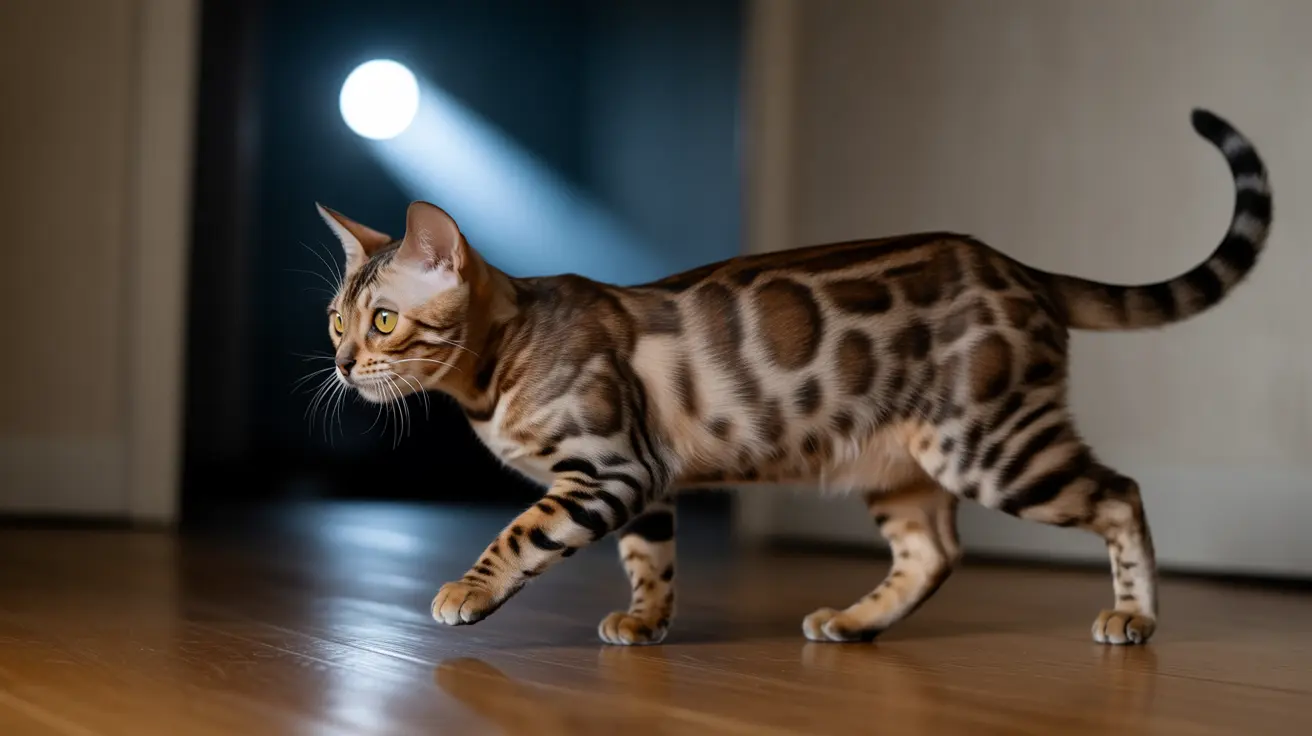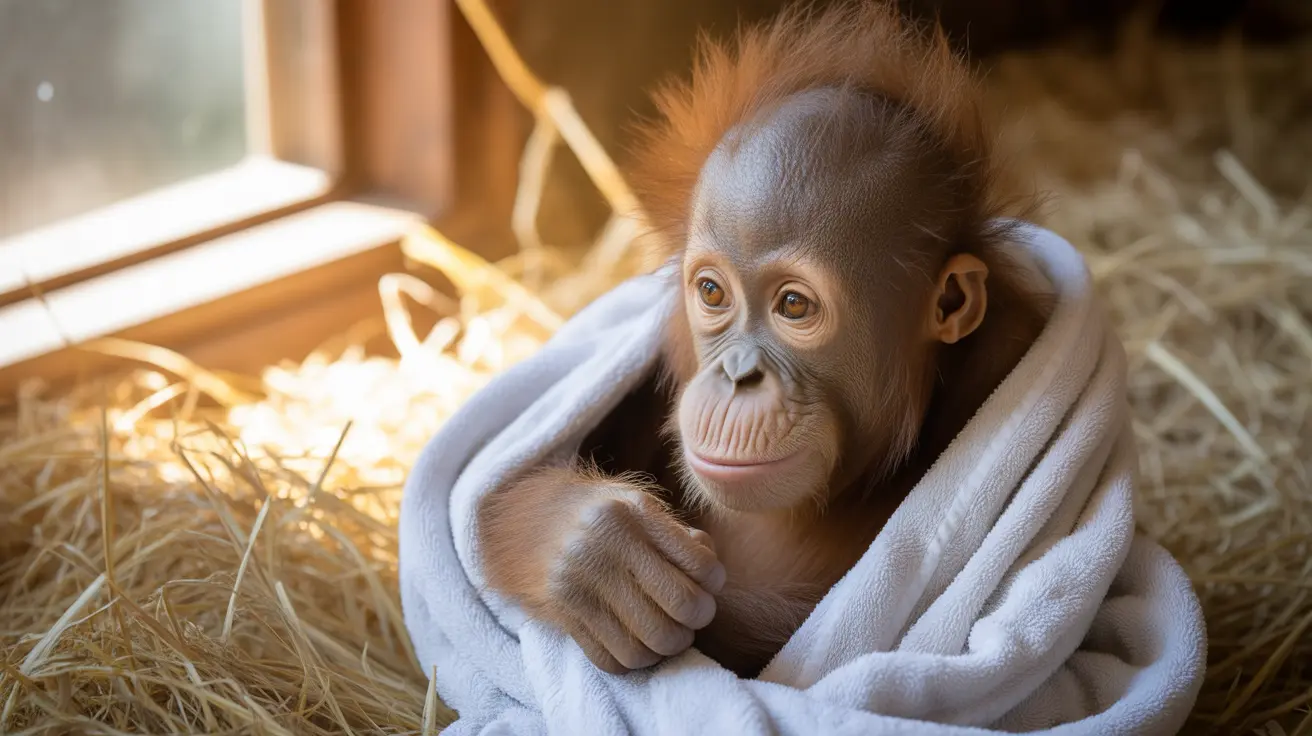Many cat owners wonder about the best way to handle lighting for their feline friends during nighttime hours. With cats' remarkable night vision and unique sleep patterns, it's important to understand how artificial lighting affects their well-being and whether leaving a light on is beneficial or potentially harmful.
In this comprehensive guide, we'll explore the science behind cats' vision, their natural adaptations to darkness, and how to create the optimal nighttime environment for your pet's health and comfort.
Understanding Your Cat's Natural Night Vision
Cats are equipped with extraordinary visual capabilities that make them excellent night hunters. Their eyes contain a specialized reflective layer called the tapetum lucidum, which allows them to see in light conditions six times dimmer than what humans need. This natural adaptation means that cats rarely require artificial lighting to navigate their environment safely.
Unlike humans, cats are crepuscular animals, meaning they're most active during dawn and dusk. This evolutionary trait has given them superior low-light vision that continues to serve them well in domestic settings.
How Artificial Light Affects Your Cat's Health
Artificial lighting can significantly impact your cat's natural biological rhythms. Research shows that exposure to artificial light at night can disrupt their circadian rhythm, affecting everything from sleep patterns to hormone production. The body's production of melatonin, a crucial sleep-regulating hormone, can be particularly affected by nighttime light exposure.
Extended exposure to artificial lighting may lead to various health issues, including:
- Disrupted sleep patterns
- Increased stress levels
- Altered feeding behaviors
- Potential immune system effects
- Changes in natural activity cycles
Creating the Ideal Nighttime Environment
When it comes to nighttime lighting for cats, less is typically more. Most cats thrive in environments that mirror natural light cycles. Here's how to create an optimal nighttime setting:
During Evening Hours
Gradually reduce lighting as evening approaches to help your cat transition naturally to nighttime mode. This mimics the natural sunset and helps maintain their circadian rhythm.
Overnight Period
Complete darkness is perfectly fine for most cats. However, if you need minimal lighting for specific reasons, consider:
- Using dim night lights in hallways or near litter boxes
- Choosing warm-colored lights over blue-tinted LEDs
- Placing indirect lighting in strategic locations
Special Considerations for Different Cats
Senior Cats
Older cats might benefit from minimal lighting to help them navigate to litter boxes or water bowls. A small night light in critical areas can provide enough illumination without disrupting their sleep cycle.
Kittens and Young Cats
Young cats generally adapt well to darkness and don't require special lighting arrangements. Their excellent night vision develops early in life.
Frequently Asked Questions
Should I leave a light on for my cat at night to help them see or feel safe?
No, cats typically don't need lights on at night. Their superior night vision allows them to navigate dark spaces easily. Most cats feel perfectly safe and comfortable in darkness.
How does artificial light at night affect my cat's sleep and stress levels?
Artificial light at night can disrupt your cat's natural sleep cycle by interfering with melatonin production. This can lead to increased stress levels and irregular sleep patterns.
Can leaving a light on disrupt my cat's natural circadian rhythm and health?
Yes, constant artificial lighting can disrupt your cat's natural circadian rhythm, potentially affecting their sleep, appetite, and overall health.
What type of lighting is best if I need to keep a light on for my elderly cat at night?
If lighting is necessary, use dim, warm-colored night lights placed strategically in areas your elderly cat frequents, such as near their litter box or water bowl.
Why does my cat seem more active or restless when lights are on during nighttime?
Cats naturally associate light with activity time. Artificial lighting can trigger their natural instinct to be alert and active, potentially leading to increased nighttime activity.
Creating a Healthy Night Routine
The best approach is to maintain consistent lighting patterns that align with natural day-night cycles. This helps support your cat's natural rhythms while ensuring their comfort and well-being. Remember that most cats are perfectly capable of managing in darkness and may actually prefer it for quality rest.






